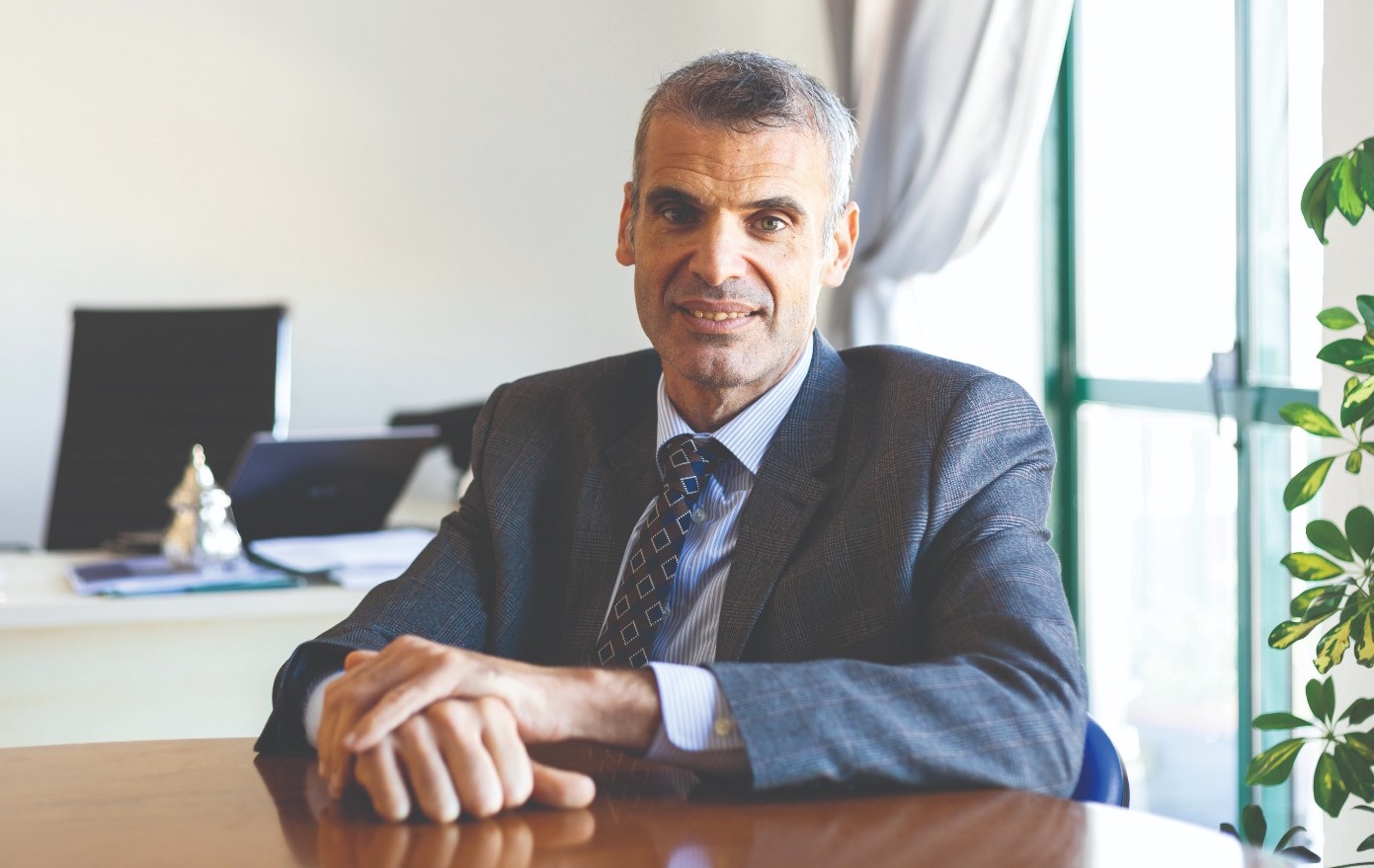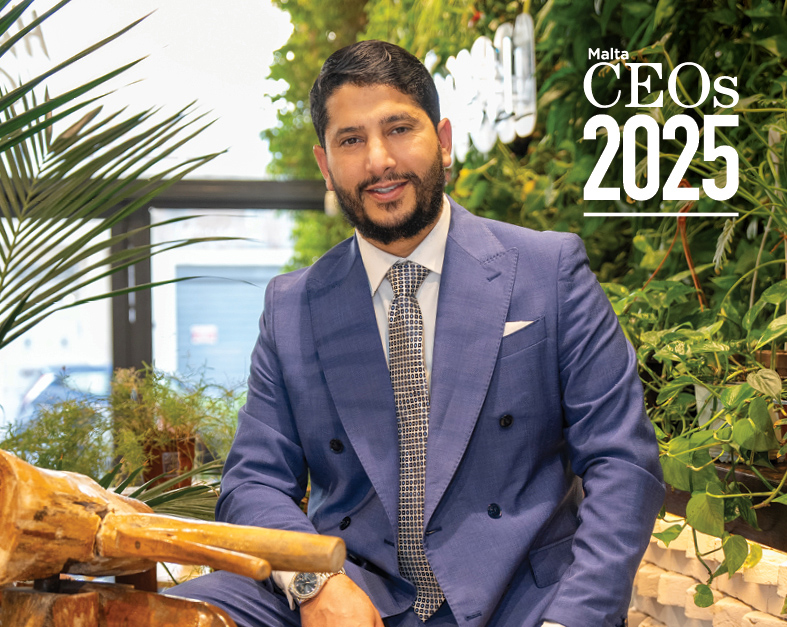Giving his views on Malta’s journey towards post-COVID recovery as part of a cover story on Busines Now magazine, economist and Bank of Valletta Chairman Gordon Cordina, says that a useful way to appreciate the impact of the COVID-19 pandemic on the economy is to gauge the number of years that it will have set us back by the end of 2021, when the first emerging signs of recovery can be expected to take root.
Key indicators include the production of the economy as measured by its Gross Domestic Product – “if the EU Commission forecast for 2021 growth is correct, Malta’s GDP will reach €11.9 billion this year, roughly the value of 2018 – therefore a loss of three years’ worth of growth; value added in tourism- and retail-related sectors will see a loss of between five and six years of past growth by the end of 2021; there has been no loss in value added in the rest of the economy – there was actually growth in 2020, spurred by activity in iGaming, ICT, financial services and construction, albeit at three per cent, the average growth in these sectors was at only half the strength seen in the past five years.”
Dr Cordina adds that employment flexed only marginally downwards, so the economy suffered no substantial losses on that front, sustained by support schemes implemented by Government, while the public debt to GDP ratio is to reach 65 per cent by the end of 2021, “thereby cancelling seven years of progress”.
In line with most projections, Dr Cordina says that the Maltese economy can be expected to recover relatively quickly due to pent-up demand for international tourism and the permanence of the underlying factors that have vouched for the country’s business competitiveness over the past few years.
“The increase in public debt will, however, act as a drag to longer-term growth possibilities. Malta may have been relying on the low level of public debt perhaps more than other economies as a factor to attract foreign direct investment (FDI), to invest in environmental amelioration and technological improvements, and to restructure its taxation system,” he asserts. “It is probable that these plans may need to be implemented over a longer period of time, necessitating additional measures to attain the intended objectives.”
The Chairman adds that the success of Malta’s recovery will also depend on the speed at which change can be implemented – including green and blue economic activities, digitalisation and skills enhancements, “focusing on resilient higher value-added opportunities that have long been touted as the key elements of Malta’s future development.”
This interview forms part of a larger cover story featuring expert opinions on Malta’s post-COVID recovery and business sentiment, which appeared on the first edition of BusinessNow magazine.
Featured Image:
Tyler Calleja Jackson
Built for resilience: Inside Accolade Industrial Fund’s decade of strategic growth
Accolade Industrial Fund represents a €1.92 billion real estate powerhouse – now it invites Malta’s investors to share in the ...
73% of Maltese social media users follow brands: Why CEO messaging is no longer optional
The data shows a clear appetite for personal connection
‘Immense pride and gratitude’: David Curmi reflects on one year of KM Malta Airlines
'Every individual plays a crucial role.'
Kalani Weerasinghe resigns from Hudson Group Chief People Officer post
Hudson Group thanked Kalani Weerasinghe for her years of service.









